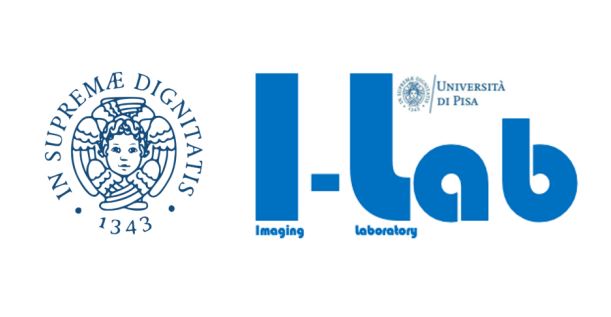The University of Pisa is an Italian public research university located in Pisa, Italy. It was founded in 1343 by an edict of Pope Clement VI. It is the 19th oldest extant university in the world and the 10th oldest in Italy. The university is ranked within the top 10 nationally and the top 400 in the world according to the ARWU and the QS. The University of Pisa is part of the Pisa University System, which includes the Scuola Normale Superiore and the Sant’ Anna School of Advanced Studies. The university has about 50,000 students (of which 46,000 are undergraduate and postgraduate studies, and 3,500 are doctoral and specialization studies).
The Imaging Lab is a multidisciplinary laboratory dedicated to frontier research in the study of biomedical images. The head of the Lab is Professor Emanuele Neri, full professor at the Department of Translational Research of the University of Pisa and Chairman of the Diagnostic Radiology at the Pisa University Hospital.
The team consists of several professional figures with different backgrounds and expertise, collaborating in a multidisciplinary context to promote AI solutions in clinical oncology. In particular, radiologists, nuclear medicine doctors, physicists, biologists, and technologists cooperate in several research projects with the aim to develop AI tools in the field of personalized and precision medicine.
The imaging-lab is involved in four H2020 European projects, all sharing the purpose of carrying out cancer research and building imaging biobanks that are going to be exploited to collect, archive, and analyze medical images. The Imaging Lab is a hub for exploring new diagnostic and treatment methods in radiology based on AI tools and the activities are mainly focused on the development and validation of imaging biomarkers, imaging biobanks and artificial intelligence solutions. The Imaging Lab works with many national and international research institutions and regularly hosts visiting scientists, post-doctoral fellows and other collaborators.

